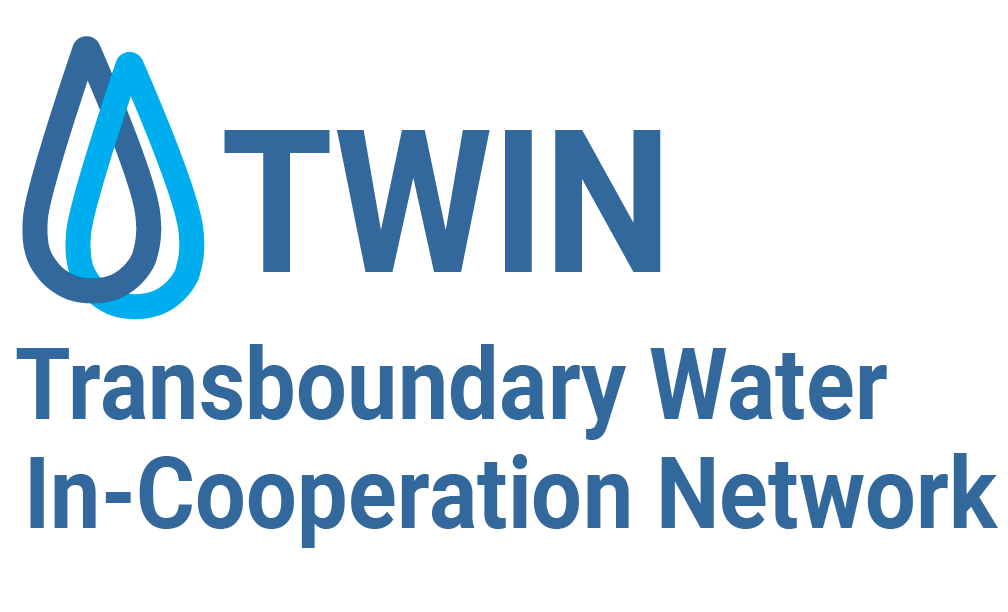Community Science
The first step is to use our network of networks to connect on the ground to a train and deploy 2,000 community scientists with water and soil sensors in 1000 communities. Using an open source databases and an interactive app the project will facilitate bidirectional knowledge transfer. Real-time water information will be disseminated to communities while harnessing local knowledge to feed into model development.
Leveraging artificial intelligence, modeling, and remote sensing expertise at the global network level, the team will co-develop an AI augmented, community-centric water security early warning early action systems that will harness mobile/web apps to catalyze anticipatory action at multiple governance levels (community, country, basin, global)
-
To catalyze community action for securing clean water and building climate resilience, a global network of 2,000 community scientists will be trained and empowered in local watersheds.
Community scientists will complete 2 trainings per year and ensure successful collection of sensor and grab data.
-
Artificial Intelligence augmented water security early warning early action systems. anticipatory action at multiple governance levels (community, country, basin, global).
Satellite and field data will be harnessed to develop an early warning early action system.
1000 water quality sensors (1 sensor per community)
10000 soil sensors (10 sensors per community)
The deployment of AI-WASEWS will strengthen adaptive capacity and build community resilience as community-scale solutions and impactful risk communication associated with secure access to clean water are effective grassroots approaches to empower local communities
Digital Technologies for Environmental Peacebuilding- UNEP Report


